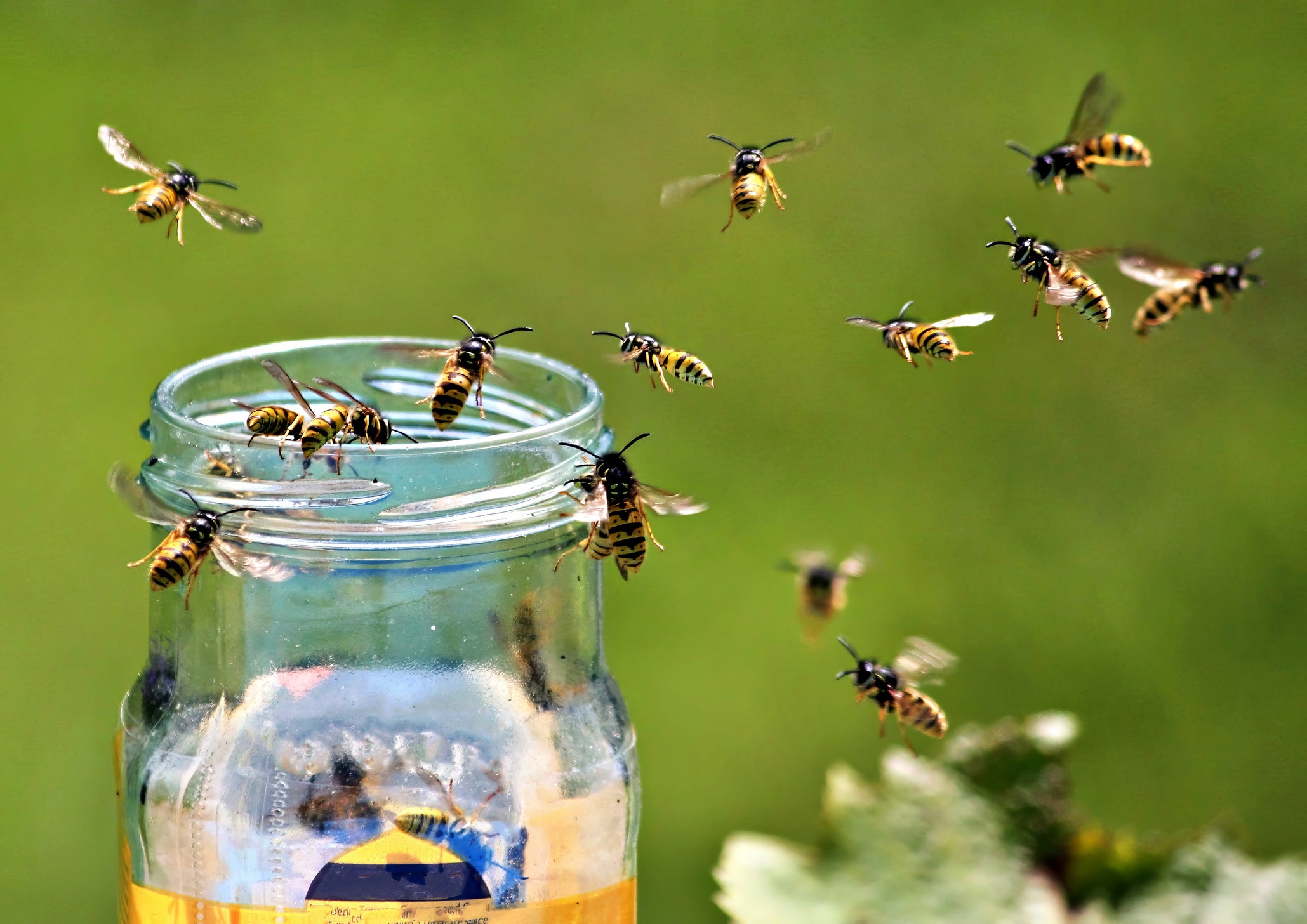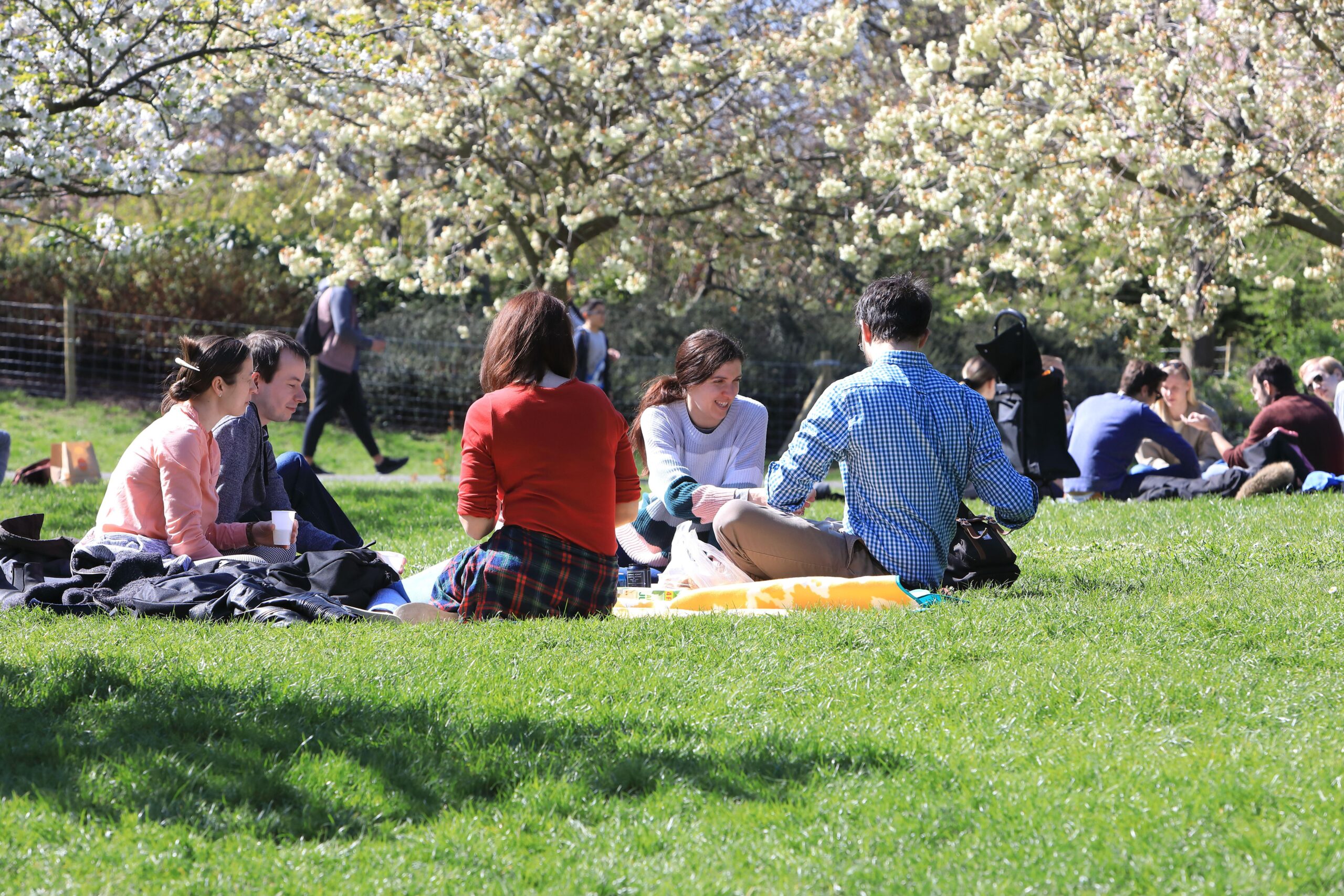They interrupt your picnic and put you at risk of a sting – and are surely one of the most hated insects in the country.
In what will be dismal news for some, the UK is seeing an abundance of wasps this season after a record warm and dry spring this year.
But experts say the increase in numbers is actually a good thing for the environment.
Wildlife professor Adam Hart, from the University of Gloucestershire, said: “Wasps are great pest controllers, pollinators and predators. They are widely villified, but they are an essential part of the wider ecosystem.”

Typically, the cooler and wetter spring season will regulate wasp numbers and eradicate colonies before they are established. But this season, the sunnier weather meant more queens could survive to build their nests.
Prof Hart said the mild winter and warm spring “likely gives wasps and their insect prey a good start, which the warm summer has allowed them to build upon”.
He said the cycles of wasp populations are normal, but many people will have noticed the influx this season because there was a marked decrease in the number of wasps in 2024.
Experts warned this was partly due to climate change and compared to 30 or 40 years ago, Prof Hart said it still feels sparse.

Professor Seirian Sumner, a behavioural ecologist at University College London, told The Guardian: “The warm, dry conditions have created the ideal environment for wasps to thrive.
“That means more colonies, more wasps and a longer season.”
Spring 2025 was the UK’s warmest spring to date, with a record mean temperature of 9.5C, far surpassing the long-term climatological average by 1.4C, according to the Met Office.
Prof Sumner said that typically, wasps don’t show up at picnics until the end of August when they begin craving sugar. However, the warm weather this season means they have already arrived.
Usually at the beginning of summer, wasps are in search of protein to bring back to their nests.
In the UK, there are around 9,000 species of wasps. However, there are only nine species of social wasps. The most common wasps you’ll see are the yellowjacket (Vespula vulgaris) and the German wasp (Vespula germanica).
To avoid a nasty sting this summer, scientists say it is important to stay still and make a “wasp-offering” of food for it to then fly away with.
If you are stung, simple pain relief and antihistamines usually do the trick.
